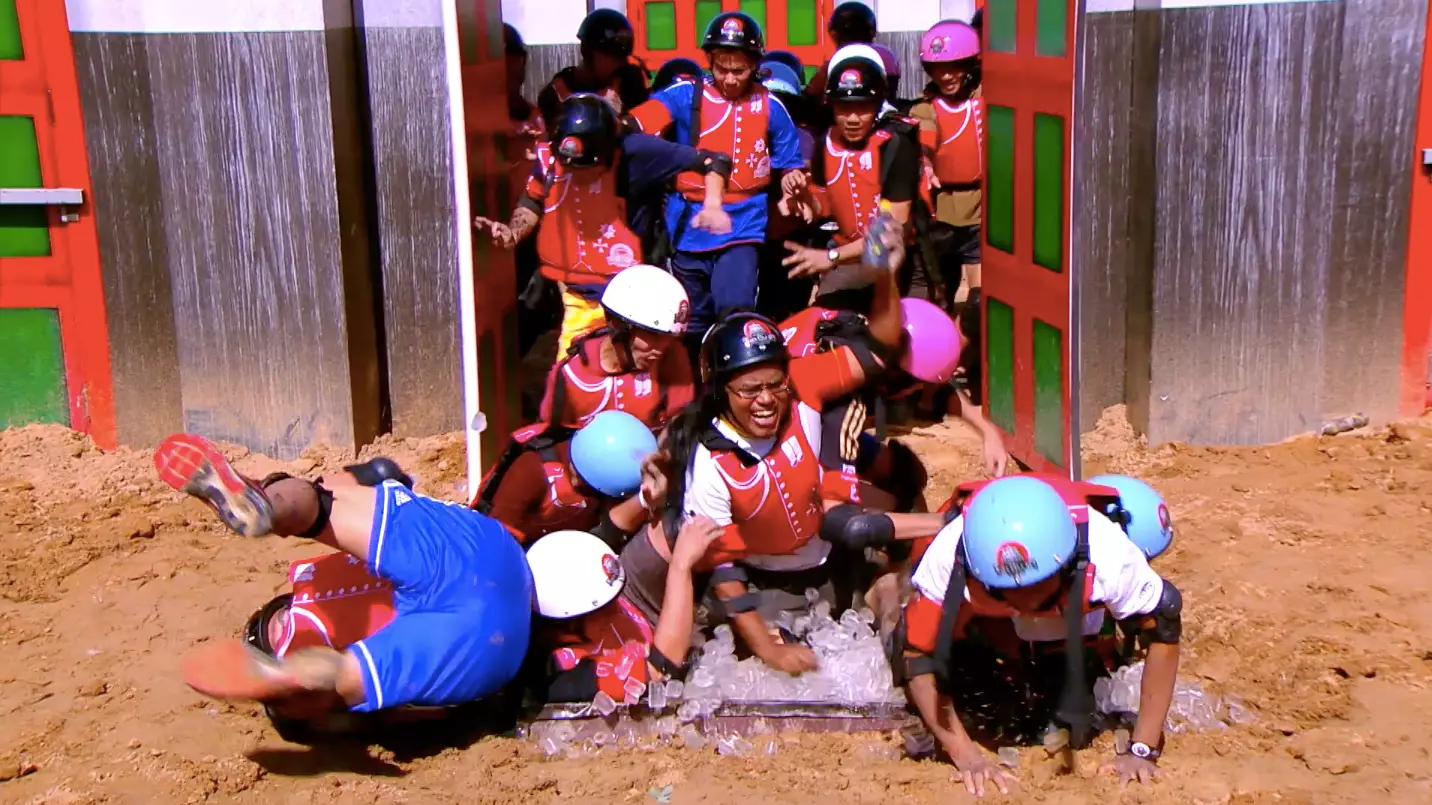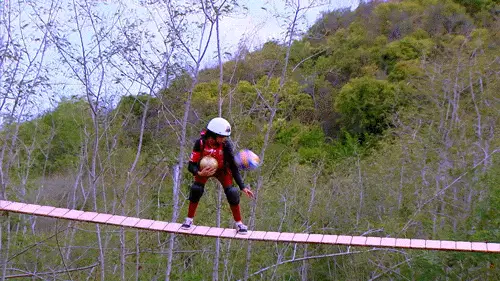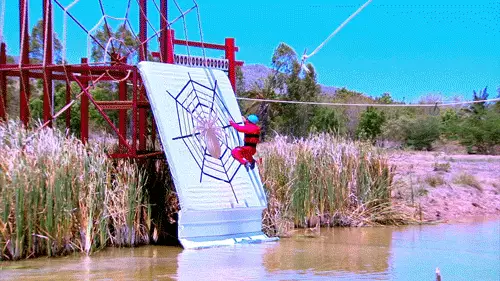
It's one of the most basic concepts imaginable: you smile when good things happen and you get upset when bad things happen. Not exactly rocket science, is it?
So why is it that when the bad thing happens to somebody other than ourselves, it causes the opposite reaction?
For example, if (heaven forbid) you were to take a golf club to the bollocks, courtesy of a small child, you probably wouldn't think it was too funny. However, put yourself as the observer in that same scenario and you'd no doubt be buckled up in fits of laughter.
The German word for it is 'schadenfreude'. Good word, but what's it all about?
"Schadenfreude is pleasure at the misfortunes of others," explains Professor Wilco van Dijk, a psychologist at Leiden University in the Netherlands and an expert on the subject.
"I consider schadenfreude as an atypical kind of joy. It concerns being pleased about an event that is undesirable for someone else, whereas 'typical' joy usually concerns being pleased about a desirable event for oneself."
So, are you a bad person for feeling this way? Well, maybe, but science actually does have an answer as to why we like to see people suffer a bit of piss-take misfortune in fail videos on YouTube, or watch contestants tank it on the high rollers in Takeshi's Castle.
"To experience schadenfreude might be considered as a 'bad' thing," Van Dijk continues. "But from a psychological perspective we can understand why sometimes we cannot escape the feeling."

According to Van Dijk, we can experience schadenfreude in a variety of different situations, but they all share one thing in common - the other person's misfortune benefits us in some way.
"We have a strong desire to feel positive about ourselves," he explains. "One [way] to feel good is to compare ourselves to those who are less fortunate.
"If another person is doing less well, we, by comparison, are doing better which is pleasing and this also can explain why we sometimes enjoy the misfortunes of others."
This explains why it's so funny to watch other people hurt themselves on TV or on the internet - it's not happening to us, so it makes us feel better about ourselves. It's kind of perverse, really, but totally natural, so don't beat yourself up about it.
In fact, rather than feeling bad about it, why not actually indulge yourself in a bit of schadenfreude instead and embrace you newly-understood emotion?

That earlier example of Takeshi's Castle - maybe rather than the golf club to the knackers - is a perfect example of what schadenfreude is all about.
Whether you want to admit it or not, watching those contestants tumble around, getting thrown into the water, or bouncing off obstacles makes you feel great. And now's the perfect time to lap it up because a new series of Takeshi's Castle is coming to Comedy Central on Thursday 26th October at 8pm, complete with commentary from Jonathan Ross.
So, tune in and enjoy a bit of schadenfreude guilt-free, because it's totally natural. Science even said so. Or watch someone feel a four iron to the crown jewels. Up to you.
Featured Image Credit: